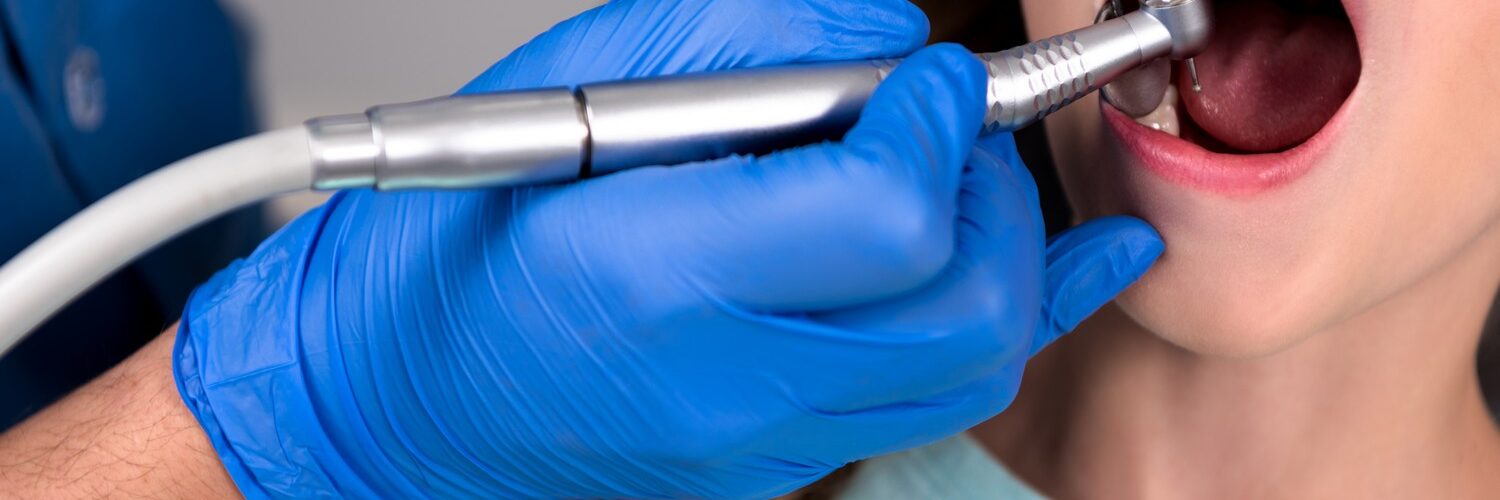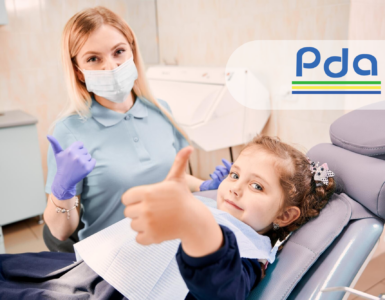Young children are faced quite commonly with toothache. As a parent it is normal that you will start worrying when such a toothache appears, but there are several things you can do to help your child. There are many causes that can lead to a toothache in the first place. Toothache can be caused by an underlying decay, plaque buildup, sensitive teeth, broken teeth, or the pain can be caused even by food particles that are trapped in between teeth. Following a dental examination, a pediatric dentist Allendale will suggest the best course of treatment to end the toothache.
Before contacting a pediatric dentist Allendale, there are a few things you could do to provide emergency help at home, or to find the root cause of the problem. Firstly, you should ask your child to describe the pain they are feeling. Children that are old enough to be able to explain, will immediately describe how they are feeling. You could also examine their mouth and look for a swelling, a broken/chipped tooth, dental discoloration or any other signs that could be indicative as the main cause of the toothache.
As a next step, you could perform a thorough dental flossing on your child’s teeth. This will help eliminate any potential food particles that could cause the pain. Please remember to be thorough but extremely gentle when flossing the teeth of your child. The gums of children are quite sensitive and you do not want to injure that area. If your child wears braces, dental flossing can be extremely difficult, so trying to perform flossing with a water flosser for children could be a good idea.
In order to help kill the bacteria in the mouth of your child, you should have him gently rinse with warm water and salt. You should oversee the procedure and ensure that your child spits after rinsing. The mixture of warm water and salt will help eliminating the bacteria and promote a better and faster healing. If your child struggles with a swollen area, you should apply a cold compress on the outer cheek part. This will help reduce the swelling.





